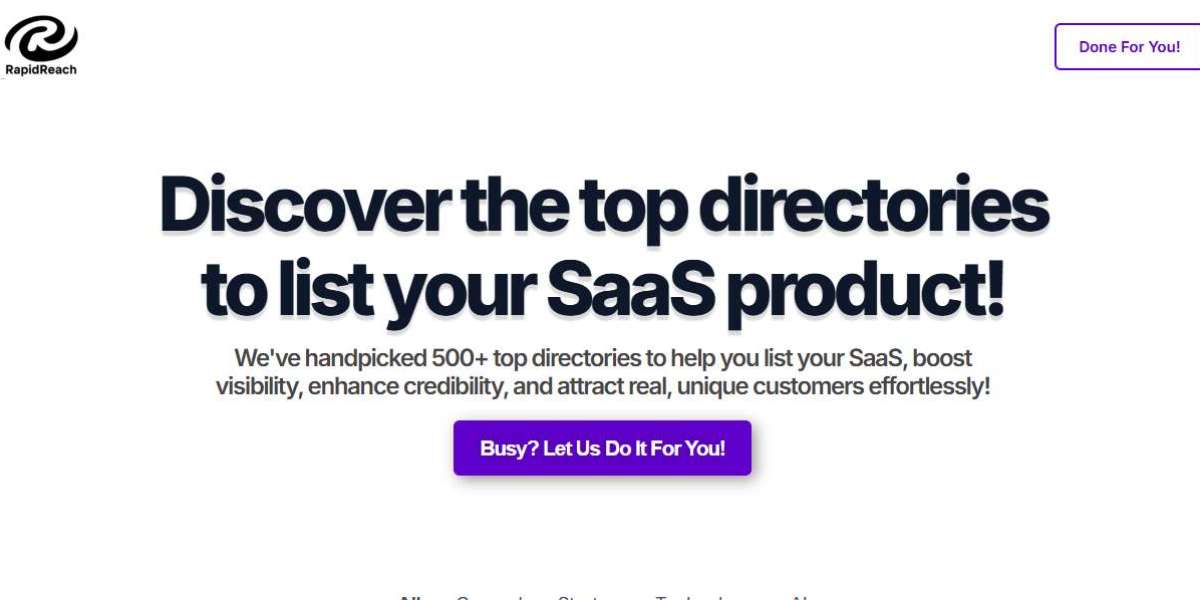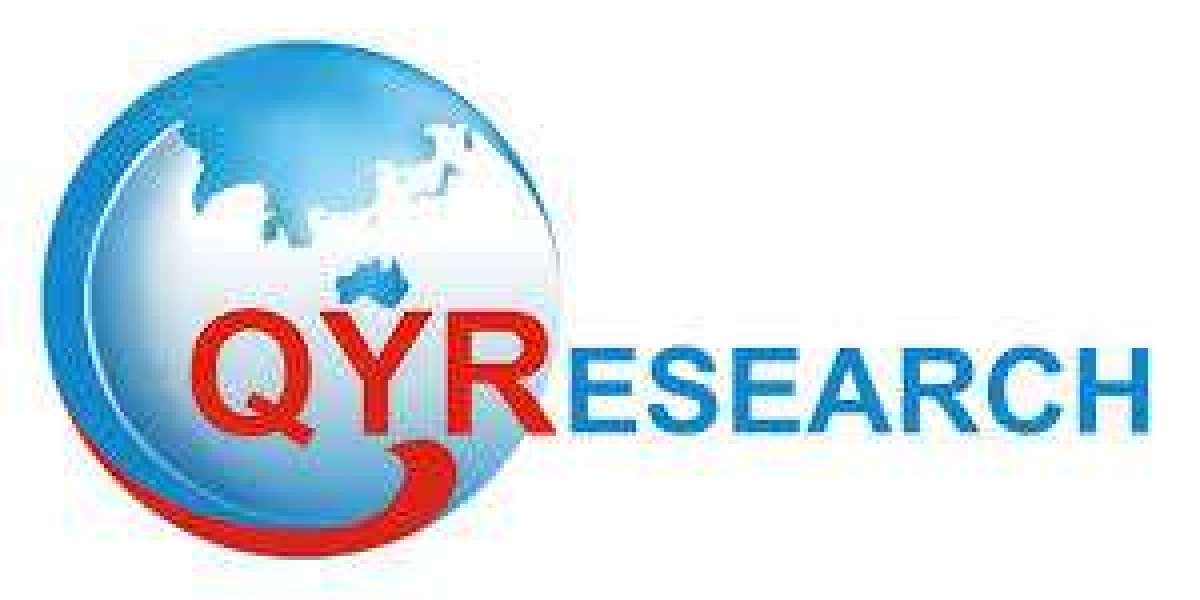In today’s hyper-connected digital economy, Software-as-a-Service (SaaS) products are no longer just convenient options—they're essential tools for business operations, communication, collaboration, and data management. However, as the SaaS landscape grows more saturated, one critical factor increasingly separates successful platforms from the rest: credibility.
For SaaS companies, credibility isn’t a luxury—it’s the currency that powers conversions, customer retention, and long-term brand equity. But what exactly is SaaS credibility, and how can emerging and established platforms earn and sustain it in such a competitive environment?
Understanding SaaS Credibility
SaaS credibility is the trust and confidence that users and potential customers place in a SaaS platform's reliability, security, performance, and ability to deliver consistent value. It encompasses perceptions of the brand’s technical competence, customer service quality, transparency, and reputation in the industry.
In simpler terms, it’s the answer to the question every prospective user is silently asking: Can I count on this software to do what it promises—safely and consistently?
Unlike traditional software, SaaS platforms operate on ongoing service delivery models. This makes credibility not just a factor in sales—but a daily business imperative.
Why SaaS Credibility Matters
The SaaS model relies heavily on recurring revenue and long-term customer relationships. Credibility directly impacts:
Customer Acquisition: Trust is often the deciding factor when prospects compare similar solutions.
Churn Rate: Credibility reduces customer turnover by reinforcing satisfaction and loyalty.
Word-of-Mouth Marketing: Satisfied customers become brand advocates, especially in B2B spaces.
Pricing Power: Credible SaaS companies can justify premium pricing with confidence.
Investor Confidence: Stakeholders evaluate credibility when assessing business viability and scalability.
Put simply, credibility affects every stage of the SaaS customer journey—from the first click on your landing page to renewal decisions years later.
Building SaaS Credibility: Key Strategies
Let’s explore the core components and actionable strategies to boost SaaS credibility.
1. Robust Security and Compliance
Security is non-negotiable for SaaS platforms, especially those handling sensitive or regulated data.
Use industry-standard encryption and authentication methods.
Adhere to regulatory standards (e.g., GDPR, SOC 2, HIPAA).
Offer transparency about data handling policies and uptime guarantees.
Displaying security certifications and having a public-facing security page helps demonstrate your commitment to protecting user data.
2. Social Proof and Testimonials
People trust other people. Real-world use cases, testimonials, and customer success stories carry immense weight.
Display logos of well-known clients (with permission).
Include verified reviews from platforms like G2, Capterra, or Trustpilot.
Use video testimonials to personalize customer experiences.
Showing how real users benefit from your SaaS solution boosts credibility instantly.
3. Transparent Communication
Credibility is closely tied to honesty. Communicate clearly and consistently about:
Pricing: Avoid hidden fees or misleading pricing models.
Downtime or bugs: Acknowledge issues openly and communicate resolution timelines.
Roadmaps: Share your product roadmap to show future commitment.
Transparency builds trust and reassures users that they’re working with a reliable partner.
4. Customer Support Excellence
Poor support undermines even the most technically sound SaaS product. On the flip side, excellent support can elevate your brand’s reputation.
Offer multi-channel support: live chat, email, phone, and self-service knowledge bases.
Respond to support tickets quickly and professionally.
Train your support team to go beyond scripts and deliver personalized help.
Your support interactions are often where credibility is tested most directly.
5. Consistent Product Performance
Your product must work as promised—period. Frequent downtime, slow load times, and buggy features erode trust fast.
Invest in robust infrastructure (e.g., AWS, Google Cloud) to ensure uptime.
Monitor performance metrics and resolve issues proactively.
Offer free trials or freemium versions so users can evaluate your product firsthand.
A SaaS product that delivers seamless performance is a credibility magnet.
6. Thought Leadership and Industry Presence
Credibility isn’t just earned in the app—it’s earned in the ecosystem. Position your brand as a knowledgeable, forward-thinking player.
Maintain a blog or knowledge center filled with relevant insights.
Host webinars, podcasts, or live events to engage your audience.
Publish whitepapers or case studies that demonstrate industry expertise.
Becoming a thought leader fosters trust beyond the product itself—it builds your brand’s authority.
Credibility in a Crowded Market: A Competitive Advantage
SaaS customers have more choices than ever. As such, having a technically excellent product is no longer enough. Two competing platforms with similar features and pricing may have vastly different customer bases simply due to perceived trustworthiness.
In niche SaaS markets—where solutions are often complex and the stakes high—credibility becomes even more crucial. B2B buyers, in particular, prioritize vendors who are stable, responsive, and professional. A startup with a strong credibility signal can punch far above its weight class, winning deals against more established players.
Sustaining Credibility: A Long-Term Commitment
Building SaaS credibility isn’t a one-time effort. It’s an ongoing process of earning and reinforcing trust. This means:
Actively soliciting feedback and incorporating it into product development.
Monitoring brand mentions and addressing negative reviews or concerns promptly.
Engaging with users beyond transactional communication—through community-building efforts, forums, or events.
SaaS companies that evolve alongside their users—and maintain open lines of communication—will continue to strengthen their credibility over time.
Conclusion: Trust Is the Ultimate Feature
In a digital age marked by skepticism, data breaches, and too-good-to-be-true marketing claims, credibility is the most valuable differentiator for a SaaS platform. It doesn’t matter how innovative or feature-rich your software is—if customers don’t trust you, they won’t stay.
SaaS credibility is earned through a combination of transparency, performance, customer support, and thought leadership. For companies willing to invest in these pillars, the rewards are substantial: loyal users, brand advocates, higher revenue, and long-term success.



